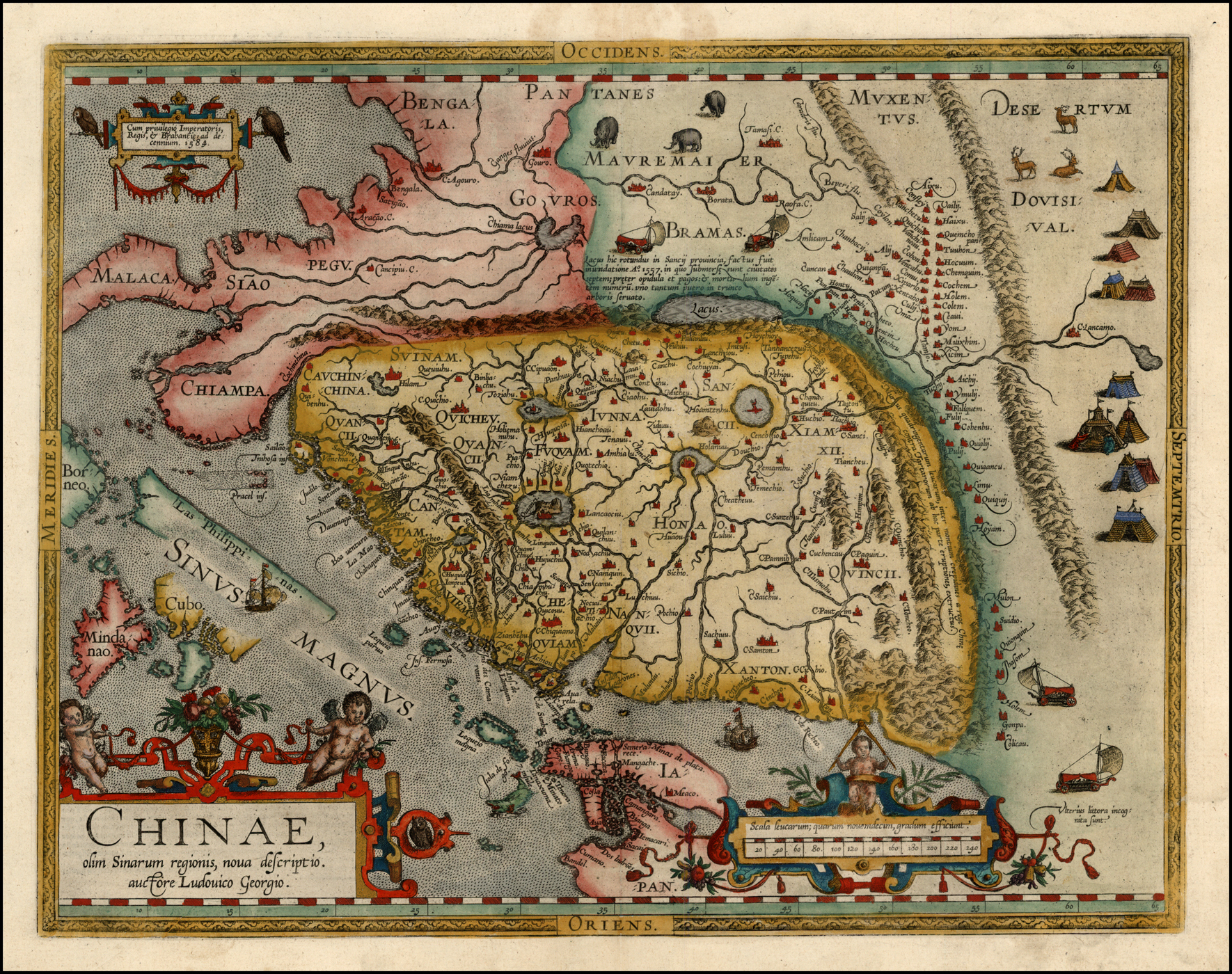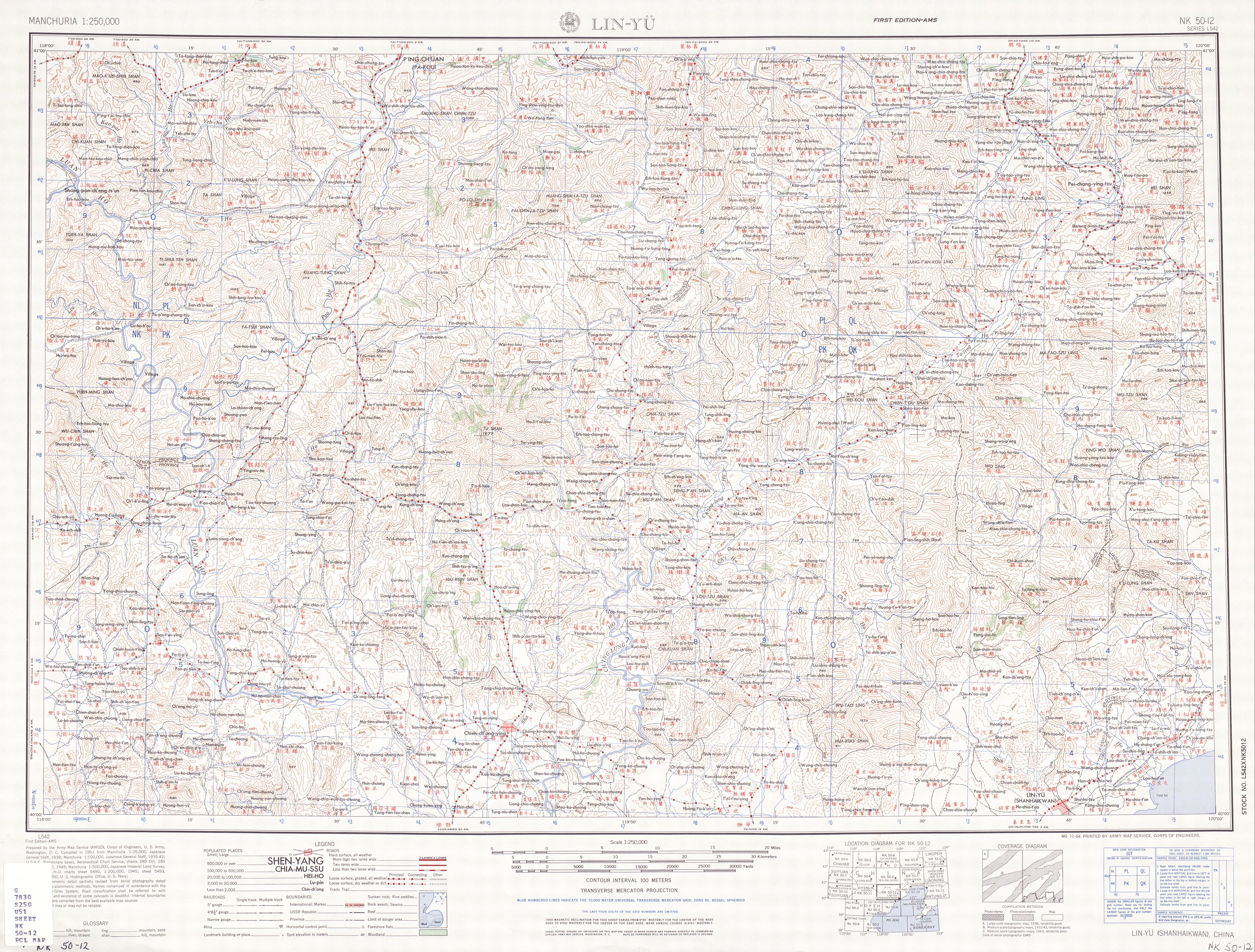|
Zhu Quan
Zhu Quan (; 1378–1448https://web.archive.org/web/20161006082912/http://www.history.ubc.ca/sites/default/files/documents/readings/robinson_culture_courtiers_ch.8.pdf p. 398), the Prince of Ning (), was a Chinese historian, military commander, musician, and playwright. He was the 17th son of the Hongwu Emperor of the Ming dynasty. During his life, he served as a military commander, feudal lord, historian, and playwright. He is also remembered as a great tea connoisseur, a Guqin, zither player, and composer. Other names In addition to Prince of Ning, Zhu Quan was also known as the Strange Scholar of the Great Ming (, ''Da Ming Qi Shi''). As part of his Taoism, Taoist attempts to avoid death, he adopted the hao (name), aliases the Emaciated Immortal (, ''Qúxiān''), the "Master who Encompasses Emptiness" (, ''Hánxūzi''), "Taoist of the Mysterious Continent" or "Taoist of the Mysterious Island" (, ''Xuánzhōu Dàoren''), and "Perfected Gentleman of the Marvelous Way of the ... [...More Info...] [...Related Items...] OR: [Wikipedia] [Google] [Baidu] |
Xinjian District
Xinjian () is one of 6 District (China), urban districts of the prefecture-level city of Nanchang, the capital of Jiangxi, Jiangxi Province, China, located on the western (left) bank of the Gan River. It consists of two disjoint sections to the north and south of Wanli District, Nanchang, Wanli and Qingshanhu District, Qingshanhu districts. In 1999 it had a population of . Administrative divisions Xinjian District is divided to 12 towns and 7 townships. ;12 towns ;7 townships Climate References External links Homepage {{authority control County-level divisions of Jiangxi, Xinjian ... [...More Info...] [...Related Items...] OR: [Wikipedia] [Google] [Baidu] |
Beiping
"Beijing" is from pinyin ''Běijīng,'' which is romanized from , the Chinese name for this city. The pinyin system of transliteration was approved by the Chinese government in 1958, but little used until 1979. It was gradually adopted by various news organizations, governments, and international agencies over the next decade. Etymology The Chinese characters ("north") and ("capital") together mean the "Northern Capital". The name was first used during the reign of the Ming dynasty's Yongle Emperor, who made his northern fief a second capital, along with Nanjing (, the "Southern Capital"), in 1403 after successfully dethroning his nephew during the Jingnan Campaign. The name was restored in 1949 at the founding of the People's Republic of China. Peking Portugal was the first European country to contact China in modern times. In Portuguese, the city is called ''Pequim.'' This name appeared in the letters of Francis Xavier in 1552. It transferred to English as "Pekin" and t ... [...More Info...] [...Related Items...] OR: [Wikipedia] [Google] [Baidu] |
Shanhaiguan District
Shanhaiguan District is a district of the city of Qinhuangdao, Hebei Province, China, named after the pass of the Great Wall within the district, Shanhai Pass. It is located east of the city centre. Administrative divisions There are five subdistricts, three towns, and one township, Bohai Township (), in the district. Subdistricts * Nanguan Subdistrict () * Dongjie Subdistrict () * Xijie Subdistrict () *[...More Info...] [...Related Items...] OR: [Wikipedia] [Google] [Baidu] |
Lulong County
Lulong County(), is a county of Qinhuangdao City, in northeastern Hebei Province, China. As of 2020, according to the 2020 Chinese census The Seventh National Population Census of the People's Republic of China (), also referred to as the 2020 Chinese Census, was the seventh National Population Census of the People's Republic of China, national census conducted by the National Bure ..., the county has a population of 333,942. Administrative divisions The county administers 6 towns and 6 townships. Towns: * Lulong (), Panzhuang (), Yanheying (), Shuangwang (), Liutiangezhuang (), Shimen () Townships: * Xiazhai Township (), Liujiaying Township (), Chenguantun Township (), Yinzhuang Township (), Gebo Township (), Mujing Township () Climate Transport * China National Highway 102 * China National Highway 205 * Beijing–Harbin Railway * Beijing–Qinhuangdao Railway * Datong–Qinhuangdao Railway * G1 Beijing–Harbin Expressway References External linksOfficia ... [...More Info...] [...Related Items...] OR: [Wikipedia] [Google] [Baidu] |
Wu Gao
Wu may refer to: Places * Wu (region) (), a region roughly corresponding to the territory of Wuyue ** Wu Chinese (), a subgroup of Chinese languages now spoken in the Wu region ** Wuyue culture (), a regional Chinese culture in the Wu region *Wu (state) (; ), a kingdom during the Spring and Autumn period 771–476 BCE ** Suzhou or Wu (), its eponymous capital ** Wu County (), a former county in Suzhou * Eastern Wu () or Sun Wu (), one of the Three Kingdoms in 184/220–280 CE * Li Zitong (, died 622), who declared a brief Wu dynasty during the Sui–Tang interregnum in 619–620 CE * Wu (Ten Kingdoms) (), one of the ten kingdoms during the Five Dynasties and Ten Kingdoms period 907–960 CE * Wuyue (), another of the ten kingdoms during the Five Dynasties and Ten Kingdoms period 907–960 CE * Wu River (other), various rivers in China Language * Wu Chinese, a group of Sinitic languages that includes Shanghaiese People * Wu (surname) (or Woo) (吳), several different Ch ... [...More Info...] [...Related Items...] OR: [Wikipedia] [Google] [Baidu] |
Jingnan Campaign
The Jingnan campaign, or the campaign to clear away disorders, was a three-year civil war from 1399 to 1402 in the early years of the Ming dynasty of China between the Jianwen Emperor and his uncle, Zhu Di, Prince of Yan. The war was sparked by the removal of the emperor's uncles and the restriction of Zhu Di's power by the central government after the Jianwen Emperor ascended to the throne in 1398. In 1399, Zhu Di rebelled under the guise of restoring order and the rights of the princes. After three years of fighting, he successfully conquered the capital of Nanjing in June 1402, while the emperor and his family were likely killed in the palace fire. This marked the end of the war. Soon after, Zhu Di ascended to the throne as the third emperor of the Ming dynasty. Upon assuming power, he made efforts to erase the legacy of the Jianwen Emperor by removing his supporters from positions of authority and reversing his reforms. Despite initially rebelling in the name of protecting th ... [...More Info...] [...Related Items...] OR: [Wikipedia] [Google] [Baidu] |
Prince Of Yan
Prince or King of Yan () was a Chinese feudal title referring to the ancient Chinese State of Yan and to its fiefs including the capital Yanjing (located within modern Beijing). Typically, the title is translated as "King of Yan" for rulers prior to the establishment of the Chinese empire by Shi Huangdi and "Prince of Yan" as a peerage title after the restoration of feudal titles by the Han dynasty. It was generally held by powerful members of the imperial family and owing to its important position protecting central China from Mongolian and Manchurian invaders typically included powerful and well-fortified military forces. More specifically, "''Yanwang''" in Chinese and "Prince of Yan" in English typically refers to Zhu Di, who held that rank before launching the Jingnan Campaign which established him as the Ming dynasty's Yongle Emperor in the 15th century. Zhou dynasty * King Xiao of Yan () * King Xi of Yan, ruled 255–222 BC, last king of the Yan state. Qin dynasty ... [...More Info...] [...Related Items...] OR: [Wikipedia] [Google] [Baidu] |
Zhu Di
The Yongle Emperor (2 May 1360 – 12 August 1424), also known by his temple name as the Emperor Chengzu of Ming, personal name Zhu Di, was the third emperor of the Ming dynasty, reigning from 1402 to 1424. He was the fourth son of the Hongwu Emperor, the founding emperor of the dynasty. In 1370, Zhu Di was granted the title of Prince of Yan. By 1380, he had relocated to Beijing and was responsible for protecting the northeastern borderlands. In the 1380s and 1390s, he proved himself to be a skilled military leader, gaining popularity among soldiers and achieving success as a statesman. In 1399, he rebelled against his nephew, the Jianwen Emperor, and launched a civil war known as the Jingnan campaign, or the campaign to clear away disorders. After three years of intense fighting, he emerged victorious and declared himself emperor in 1402. After ascending the throne, he adopted the era name Yongle, which means "perpetual happiness". The Yongle Emperor's reign is often referr ... [...More Info...] [...Related Items...] OR: [Wikipedia] [Google] [Baidu] |
Nanjing
Nanjing or Nanking is the capital of Jiangsu, a province in East China. The city, which is located in the southwestern corner of the province, has 11 districts, an administrative area of , and a population of 9,423,400. Situated in the Yangtze River Delta, Nanjing has a prominent place in Chinese history and Chinese culture, culture, having served as the historical capitals of China, capital of various Dynasties in Chinese history, Chinese dynasties, kingdoms and republican governments dating from the 3rd century to 1949, and has thus long been a major center of culture, education, research, politics, economy, transport networks and tourism, being the home to Port of Nanjing, one of the world's largest inland ports. The city is also one of the fifteen sub-provincial city, sub-provincial cities in the People's Republic of China's Administrative divisions of the People's Republic of China, administrative structure, enjoying jurisdictional and economic autonomy only slightly les ... [...More Info...] [...Related Items...] OR: [Wikipedia] [Google] [Baidu] |
Scholar-bureaucrat
The scholar-officials, also known as literati, scholar-gentlemen or scholar-bureaucrats (), were government officials and prestigious scholars in Chinese society, forming a distinct social class. Scholar-officials were politicians and government officials appointed by the emperor of China to perform day-to-day political duties from the Han dynasty to the end of the Qing dynasty in 1912, China's last imperial dynasty. After the Sui dynasty these officials mostly came from the Landed gentry in China, scholar-gentry (紳士 ''shēnshì'') who had earned academic degrees (such as ''xiucai'', ''juren'', or ''Jinshi (imperial examination), jinshi'') by passing the imperial examinations. Scholar-officials were the elite class of imperial China. They were highly educated, especially in literature and the arts, including calligraphy and Confucianism, Confucian texts. They dominated the government administration and local life of China until the early 20th century. Origins and formations ... [...More Info...] [...Related Items...] OR: [Wikipedia] [Google] [Baidu] |




